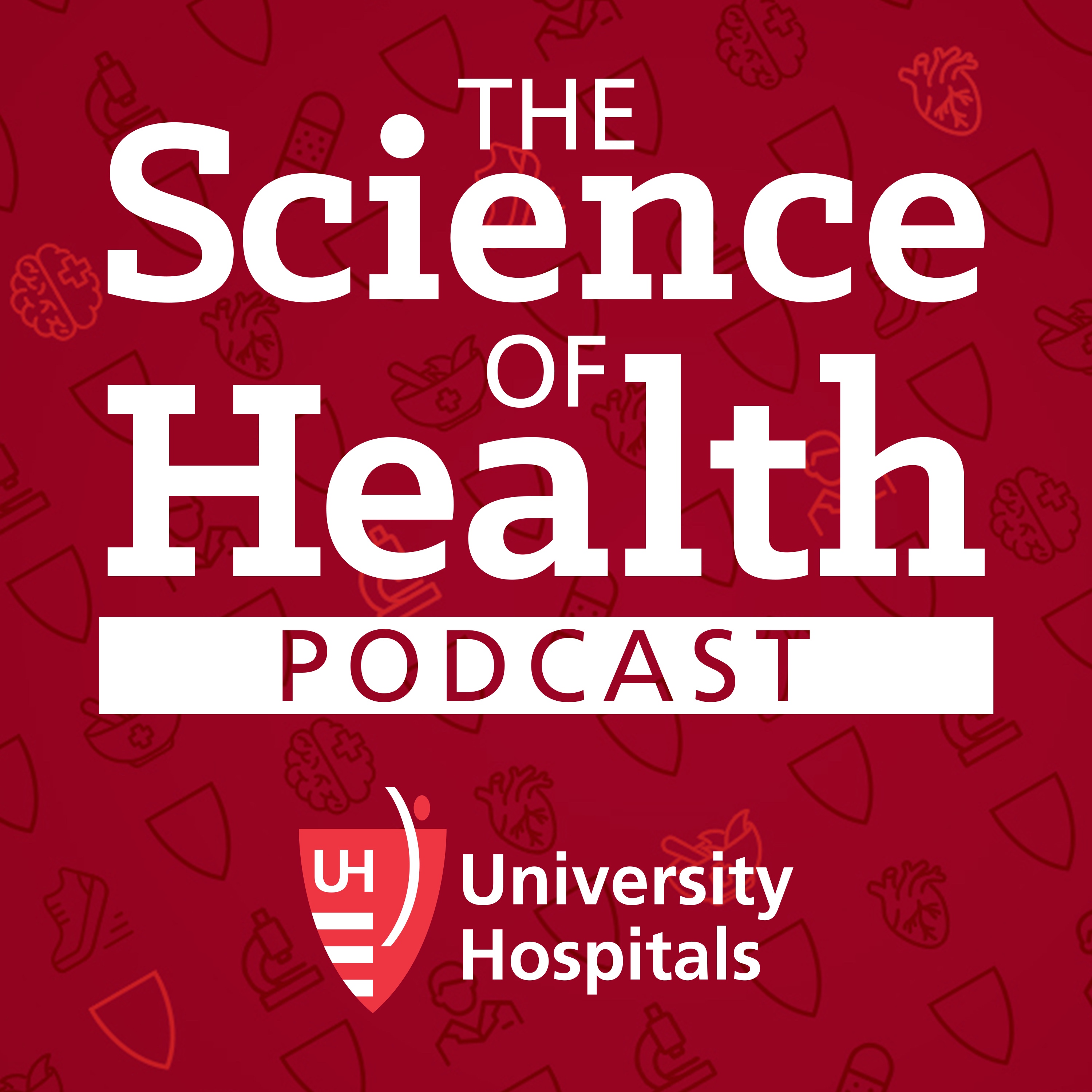
56.4K
Downloads
58
Episodes
Misconceptions surrounding health and medicine are common. Get the straight science – from The Science of Health Podcast, featuring medical experts and expertise from University Hospitals.
Misconceptions surrounding health and medicine are common. Get the straight science – from The Science of Health Podcast, featuring medical experts and expertise from University Hospitals.
Episodes
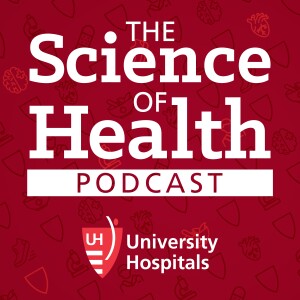
Wednesday Mar 15, 2023
Patient-Centered Health Care for African-Americans
Wednesday Mar 15, 2023
Wednesday Mar 15, 2023
Whether it’s caused by a lack of generational wealth, less education, community, trust or oppression, African-Americans are at a disadvantage when it comes to their own health. Data proves it. What does it mean to take a patient-centered approach to clinical care for African-Americans? Primary care physician, Gregory Hall, MD, provides an eye-opening explanation of why disparities exist and what can be done to address them and reverse the trends.

Monday Jan 23, 2023
The Unexpected Benefits of Primary Care
Monday Jan 23, 2023
Monday Jan 23, 2023
Annual visits to a primary care physician starting early in adulthood can pay large dividends later. Consistent monitoring of weight, blood pressure and other vital statistics tell a story for which a clinician can help write a positive ending. Family medicine doctor, Susan Ratay, DO, explains how starting a relationship with a physician early can impact unforeseen issues later in life. Preventive care can actually be life-saving.

Thursday Dec 22, 2022
Managing Chronic Pain
Thursday Dec 22, 2022
Thursday Dec 22, 2022
The purpose of pain is to protect you, but for 50 million Americans, the pain is chronic. Pain management specialist, Kutaiba Tabbaa, MD, talks about headaches, back and knee pain, cancer and diabetes-related pain. He explains why a team approach and a motivated patient offer the best opportunity to manage chronic pain. Plus, some promising new therapies are on the horizon.
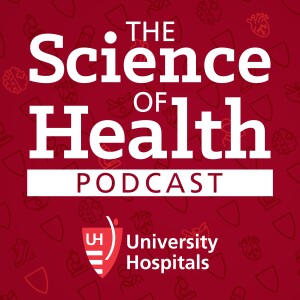
Thursday Nov 17, 2022
Sex Isn’t Supposed to Hurt & Other Facts About Women’s Sexual Health
Thursday Nov 17, 2022
Thursday Nov 17, 2022
What happens when a woman’s body changes as a result of aging or pregnancy and childbirth? What’s the impact on her sex life and what options exist for treatment? Jean Marino, CNP, a female sexual health expert, explores these and other questions and others to break down the myths and share the latest science. There are a variety of treatments for arousal, desire and continuing a healthy sex life after menopause.
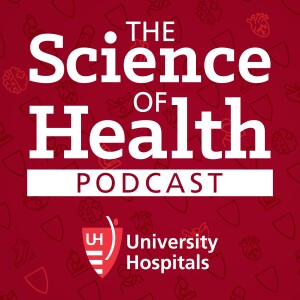
Thursday Sep 22, 2022
True or False? Common Pregnancy Myths
Thursday Sep 22, 2022
Thursday Sep 22, 2022
When you’re pregnant, especially for the first time, it’s hard to make sense of all the advice out there. You want to do everything right for the health of your baby, but you also want to counterbalance friends and family members who may be quick with advice or guidance. Should you really avoid hot tubs when you’re pregnant? What about exercise or coloring your hair? Certified Nurse Midwife, Pamela Hetrick has all the answers, and explains what is true and when to have a good laugh.
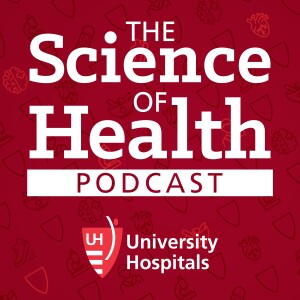
Thursday Aug 25, 2022
Are Vitamins and Supplements Necessary or a Waste of Money? It Depends.
Thursday Aug 25, 2022
Thursday Aug 25, 2022
Almost one in every three Americans takes a multivitamin. But why? In many cases, nutrients from multivitamins are covered by a healthy daily diet. For some, vitamins and supplements are beneficial. But how do you know if you really need vitamin B, C or D? Or if fish oil or turmeric are right for you? Naturopathic doctor with UH Connor Whole Health, Dr. Jacob Wolf has the answers and helps you do your homework before buying a bottle of pills.
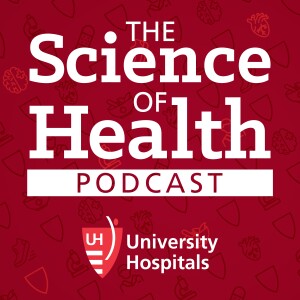
Tuesday Jul 26, 2022
We Can Change Our Dreams: The Science of Sleep
Tuesday Jul 26, 2022
Tuesday Jul 26, 2022
Babies dream more than adults. Waking up during sleep impacts whether a dream is remembered – and some people remember them while others don’t. Does that mean anything? Why are we ‘paralyzed’ while we dream? What does research say about the impact of supplements? Behavioral sleep medicine expert and licensed clinical psychologist, Dr. Carolyn Ievers-Landis, PhD has the answers and also examines our ability to control our dreams and get rid of our nightmares.
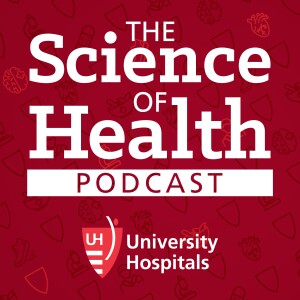
Thursday Jun 23, 2022
Joint Replacement: A Quality of Life Decision
Thursday Jun 23, 2022
Thursday Jun 23, 2022
Having pain in your knee or hip doesn’t mean that you need joint replacement surgery. Many issues are resolved with treatment like medication or therapy. The most common reason that knee or hip replacement is performed is due to osteoarthritis. Steven Fitzgerald, MD, Chief, Division of Adult Reconstruction at University Hospitals explains what goes into the decision to have surgery and why every patient is unique based on age, health history and desired postoperative quality of life.

Tuesday May 10, 2022
The Benefits of Boredom
Tuesday May 10, 2022
Tuesday May 10, 2022
Text messages, emails, news notifications and social media have us in a heightened state of stimulation. While some of that information is positive, turning off the stimuli, even temporarily, has tremendous upside. UH psychiatrist, Patrick Runnels, MD, Chief Medical Officer of Population/Behavioral Health, explains the science behind the benefits of boredom. Being in the moment decreases anxiety and stress and allows us to be happier overall.
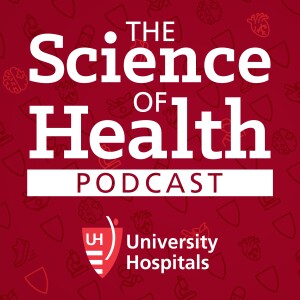
Thursday Apr 14, 2022
Alzheimer’s Disease: Medical Advances and the Importance of a Compassionate Approach
Thursday Apr 14, 2022
Thursday Apr 14, 2022
Every minute, a person in the United States is diagnosed with Alzheimer's disease, a brain disease that slowly destroys memory and other mental functions. While some risk factors, such as a head injury or genes, may not be completely avoidable, other more controllable factors may impact whether you develop Alzheimer’s. Alan Lerner, MD, Director of the Brain Health and Memory Center at University Hospitals, shares promising research in this area and gives a humanistic perspective on a disease that’s been called The Long Goodbye.
